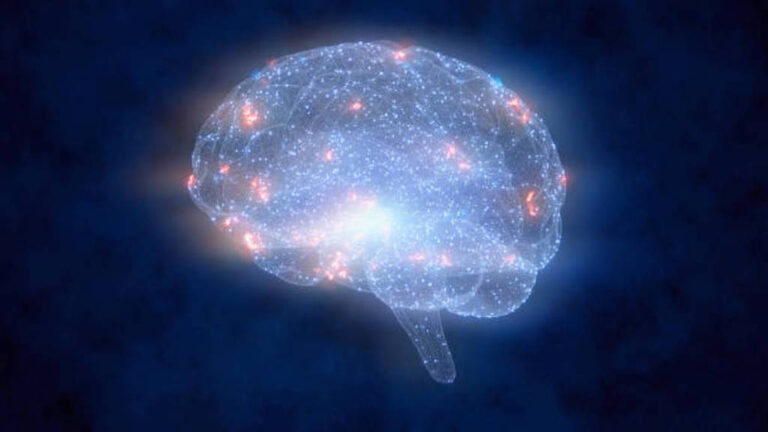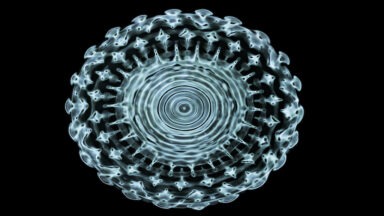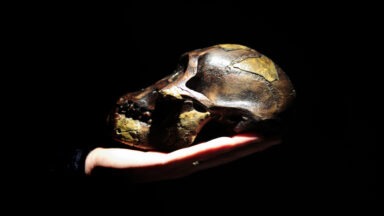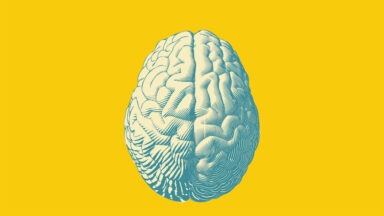5 Steps to Transform Your Consciousness

To solve a problem we must access a higher state of consciousness or awareness than the state we are in right now or wherein when the problem was created.
Our current consciousness is our thoughts + energy + beliefs + experiences, which provides the illusion that “this is the way it is and the way it has to be.” This is false. Our current reality doesn’t have to be our permanent reality if we don’t want it to be. To transform into a new state of consciousness we must come to accept that the old one is not working anymore. Once we accept that we desire a new experience we must identify the qualities we wish to embody, feel, see and call our new experience for life. The simpler, more direct and clear we are when making this claim, the better and easier it is to embody it.
Breathe those qualities of being into yourself again and again until the feeling becomes natural. The reason the breath is so important in transforming your consciousness is because breath = presence and presence = power. We must powerfully claim this new state of being, evicting the old ways of being out of our mind and habits. If you want to change, then you can no longer accept those old thoughts, actions and beliefs that might surface as the truth. Kick their asses to the curb, come back to your breath and embody your new state of being.
To live it is to breathe it, to be it and only to accept it as the way, just like you may have accepted lack, scarcity, struggle or depression as “the way” up until this point. Embodiment is a practice that you can come back to every moment of everyday with the question, who am I being right now?
Oh ya! One more important thing I need to mention: Have some fricken’ fun with this. Be like a child and transform yourself into the joyful, exuberant, curious, loving, accepting wonder being that you are!
Here is a Practice to Support you in 5 Steps:
1. Admit your current state of consciousness isn’t working. Write down the proof of why and how it’s not working. Short Example: Living in lack is no longer working because it’s keeping me small, stuck and unable to fulfill my highest potential.
2. Claim the new state of being you’re choosing to embody. Describe all the details of how it makes you feel and what your new experience of life is from the state of embodiment. Short Example: I embody true wealth and abundance and through sharing my creative brilliance people love to give me money and bless my life back.
**3. **Breathe the new state{ment} of being into existence. Practice the embodiment meditation below everyday.
**4. **Accept nothing less than what you want for your life.
**5. **Keep coming back to your breath.
Study Shows Consciousness May Be Product of Quantum Effect

A controversial theory on consciousness has just been tested: Could consciousness be explained by quantum effects in the brain?
A 30-year-old theory on consciousness called, “Orchestrated Objective Reduction,” posits that consciousness could live in tiny microtubules in the brain, or as New Scientist explains, “Brain microtubules are the place where gravitational instabilities in the structure of space-time break the delicate quantum superposition between particles, and this gives rise to consciousness.”
The theory was first introduced in the 1990s by physicist Roger Penrose and anesthesiologist Stuart Hameroff, but was believed to be untestable and was therefore regarded as a fringe theory at best.
But now, New Scientist reports the theory has just passed a key test, writing, “Experiments show that anesthetic drugs reduce how long tiny structures found in brain cells can sustain suspected quantum excitations. As an anesthetic switches consciousness on and off, the results may implicate these structures, called microtubules, as a nexus of our conscious experience.”





































